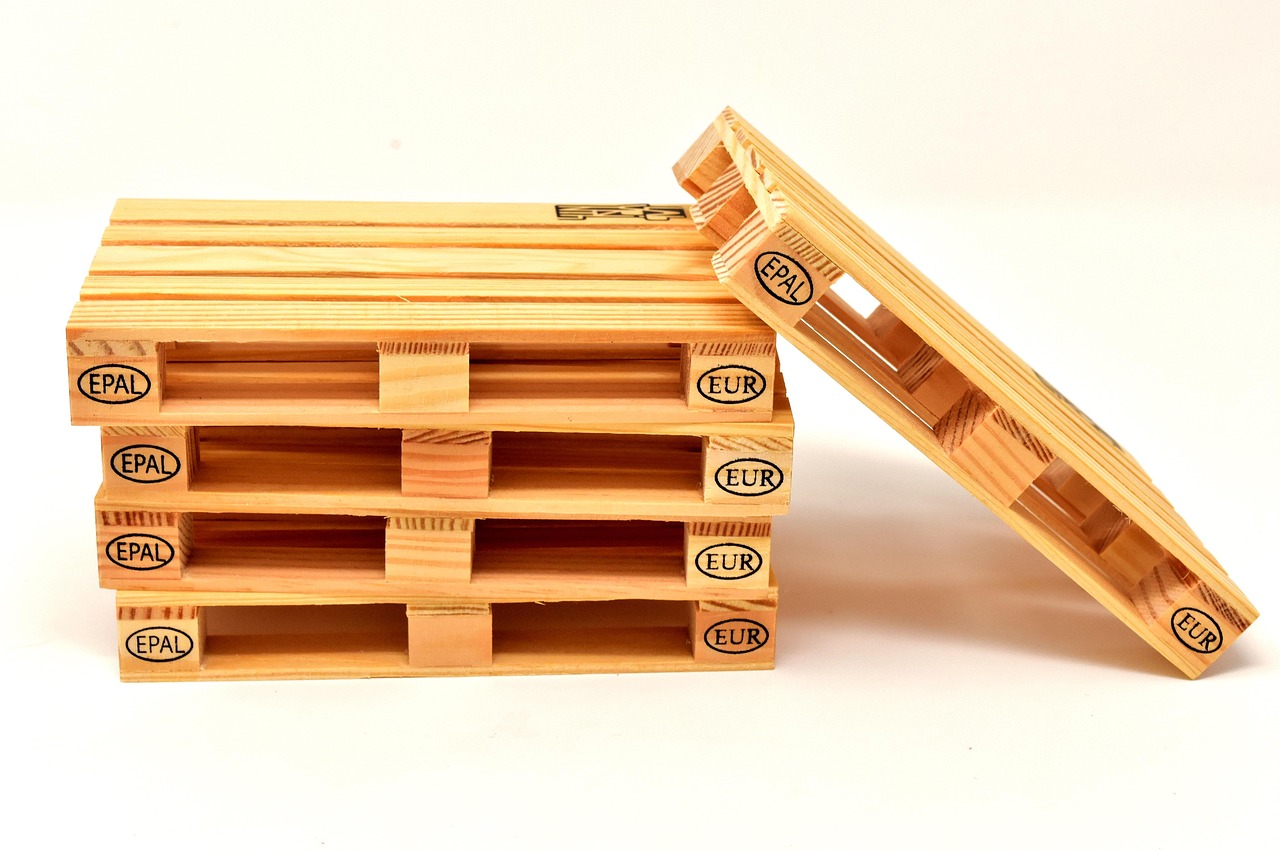Cladding suppliers play a crucial role in the construction industry by providing materials that protect and enhance building exteriors. These suppliers offer a range of products including metal panels, composite siding, and natural wood cladding, tailored to meet the needs of various architectural styles and performance requirements. Choosing the right cladding supplier ensures access to high-quality materials that contribute to durability, aesthetics, and energy efficiency.
Many suppliers today focus on sustainable options and innovative solutions that support green building standards. From regional distributors serving North America to specialized companies offering custom fabrication and installation services, the market provides diverse options for both residential and commercial projects. Understanding what each supplier offers can help builders and architects make informed decisions that align with their project goals.
Quality, availability, and expertise are key factors when selecting a cladding supplier. Those who excel in these areas often provide value beyond materials by offering technical support, installation guidance, and modernization options that enhance the final outcome. This makes the relationship with a cladding supplier an important consideration for any construction project.
Cladding Suppliers Overview
The Cladding suppliers offer a range of materials and products essential for protecting and enhancing building exteriors. Their offerings vary widely in type, quality, and application, influencing project outcomes significantly. Understanding material options, supplier reliability, and compliance with industry standards is crucial for informed decision-making.
Types of Cladding Materials Offered
Cladding suppliers typically provide materials such as wood, aluminum-composite panels (ACM), fiber cement, and metal. Each material comes with distinct benefits: wood offers natural aesthetics but requires maintenance, aluminum-composite combines durability and lightweight properties, while fiber cement excels in fire resistance and weather durability.
Some suppliers also feature advanced options like factory-finished hardwood and decorative metal panels. The choice depends on specific building requirements including design, environmental conditions, and budget.
Innovation in cladding materials now includes sustainable and energy-efficient options, responding to increasing demand for green building solutions. Suppliers who adapt to these trends can better serve modern construction needs.
Supplier Selection Criteria
Selecting a cladding supplier involves several key factors. Product quality and range should meet project specifications and building regulations. Reliable delivery schedules and installation support are critical to avoid construction delays.
Customer service and technical expertise also play significant roles in supplier evaluation. Experienced suppliers offer valuable guidance on material selection and compliance issues.
Pricing must be balanced with quality and service levels. Additionally, suppliers with a strong track record and positive client reviews can reduce risk.
Geographic coverage matters for large projects requiring multiple deliveries or consistent material supply.
Industry Certifications and Standards
Cladding suppliers often adhere to certifications that ensure product safety and quality. Common standards include ASTM, CSA (Canadian Standards Association), and ISO certifications. These confirm compliance with performance and environmental criteria.
Energy efficiency ratings and fire safety classifications are also important, especially in regions with strict building codes.
Verified suppliers may provide BIM families, CAD drawings, and detailed technical documentation. These tools assist architects and builders in precise planning and regulatory approval processes.
Certification demonstrates a supplier’s commitment to maintaining industry benchmarks and supporting architects with compliant, reliable products.
Choosing the Right Cladding Supplier
Selecting the appropriate cladding supplier involves careful consideration of factors that affect project timelines, material reliability, and ongoing support. Each element plays a crucial role in ensuring the cladding system meets specifications and stands up to environmental demands.
Delivery and Lead Times
Reliable delivery schedules are essential for maintaining construction timelines. A cladding supplier must provide clear lead times, often based on current production capacity and shipping logistics. Delays in delivery can disrupt the entire project, leading to increased costs and scheduling conflicts.
Buyers should verify whether the supplier can meet deadlines consistently and if they offer tracking or updates on shipments. It is beneficial if the supplier has contingency plans for supply chain interruptions or seasonal demand spikes. Clear communication about delivery expectations prevents misunderstandings and allows the builder to plan installation phases accurately.
Quality Assurance Processes
Quality assurance ensures that cladding materials meet required standards for durability, appearance, and performance. Suppliers with robust testing protocols provide documentation verifying material compliance with industry regulations and resistance to weather-related wear.
Look for suppliers that employ batch testing, random sampling, and material certification. Some offer warranties or guarantees that cover defects or premature deterioration. Suppliers baking in color or using advanced treatment methods tend to offer longer-lasting finishes compared to those relying on surface sprays, particularly for fibrocement or timber cladding.
Customer Support Services
Comprehensive customer support significantly impacts the overall experience. A supplier should offer technical assistance throughout design, installation, and maintenance stages. This includes providing guidance on product application and troubleshooting issues.
Prompt, knowledgeable support helps avoid costly errors during installation and simplifies maintenance planning. Suppliers that maintain open communication channels, including phone, email, and on-site consultation, add value to their service. Experienced support teams can also recommend the most suitable materials based on environmental conditions and project requirements.


Leave a Reply